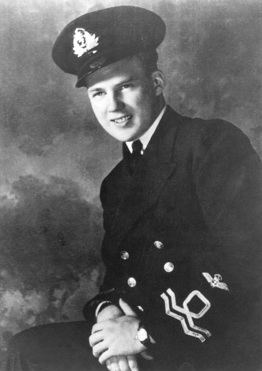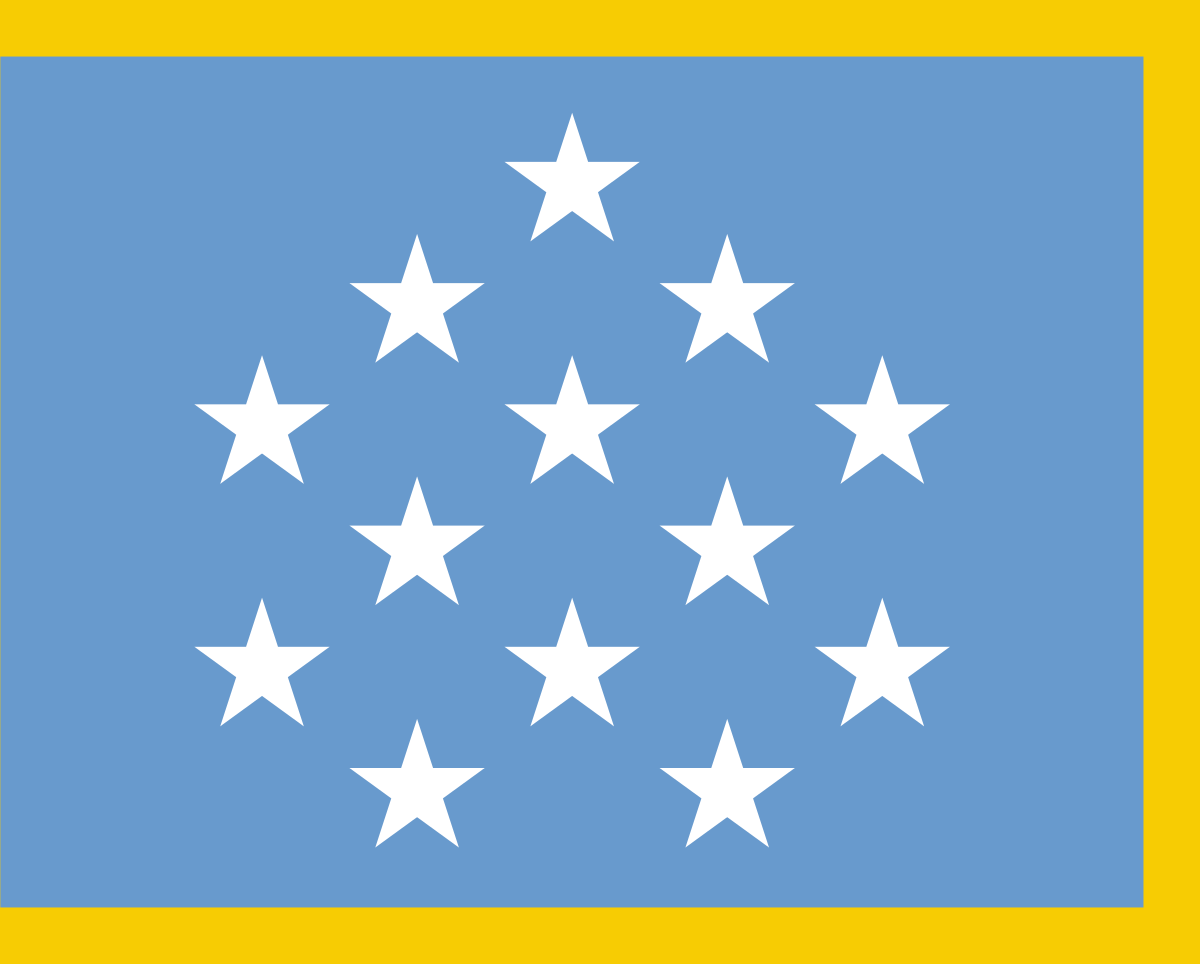The Afghanistan Veterans Association of Canada is petitioning the Governor-General of Canada to award the Victoria Cross to a Nipissing, Ont. man.
While no Canadian has won the highest and most prestigious award of the
British honours system in 77 years, advocates say Pvt. Jess Larochelle deserves the distinction.
“I was in the same company with Jess,” said Bruce Moncur of Thompson, Man., founder of the Veterans Association.
“The guy had a broken back and single-handedly fought off 40 Taliban.”
Larochelle, 35, is in poor health, said Moncur.
“The clock is ticking. His family does not want this to be a posthumous award,” he said.
Larochelle in 2007 was awarded the Star of Military Valour for bravery in combat at Pashmul, Afghanistan.
“His valiant conduct saved the lives of many members of his company,” read the commendation.
A year earlier, Larochelle fought off Taliban gunmen at a machine gun post despite injuries from heavy fire that killed two members of his unit and wounded four others.
“Private Larochelle went above and beyond the call of duty, exhibited unwavering determination and fulfills the criteria of the Canadian Victoria Cross: bravery in the face of the enemy, turning the course of a battle, determination despite injury, and saving the lives of his section despite his own sacrifices,” said the petition.
Military commanders twice rejected Larochelle for the highest commendation. Moncur said petitioning for reconsideration was rare but not unprecedented.
Queen Elizabeth II awarded a posthumous Victoria Cross in 2020 to an Australian sailor of the Second World War whose commendation was also rejected at the time. Edward Sheean, 18, in 1942 was killed aboard a sinking minesweeper after saving the lives of 49 crewmen. Australian navy veterans spent decades petitioning for a review of the case.
“There is precedent,” said Moncur, who added while 99 Canadians have been awarded the highest citation for courage, none were considered in either the Afghan War or Korean War.
“They considered Korea a police action and that it did not count,” he said.
The first Canadian VC was Lt. Alexander Dunn of Toronto for bravery in the 1854 Charge of the Light Brigade at the Battle of Balaclava in Crimea. Dunn was an officer with Prince Albert’s Own Hussars.
The last Canadian VC was Private Ernest Smith of New Westminster, B.C.
Fighting with the Seaforth Highlanders in the 1944 Italian campaign, Smith was credited with single-handedly fending off a German tank attack.
Smith died in 2005 at 91 and was given a state funeral.




